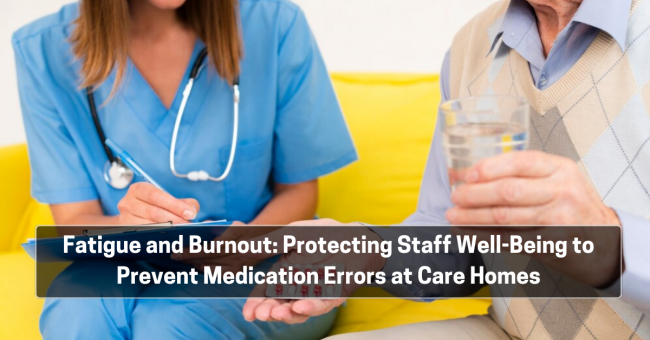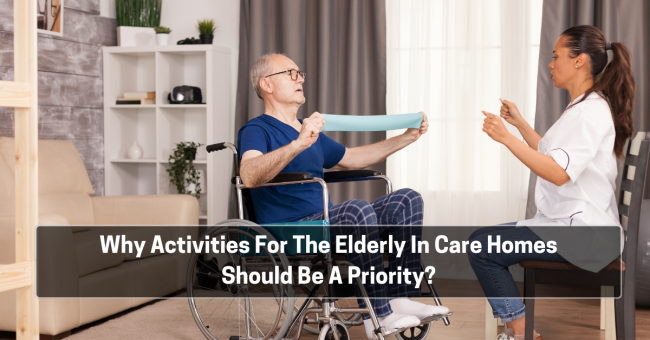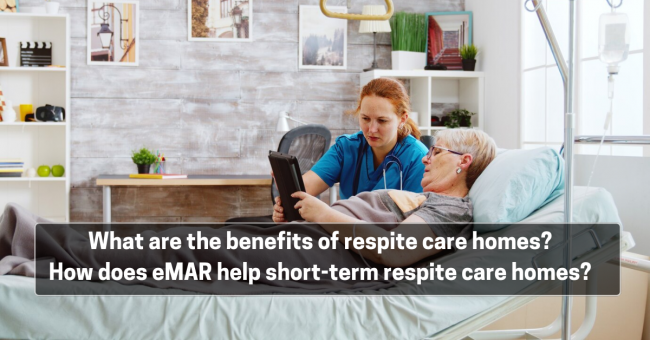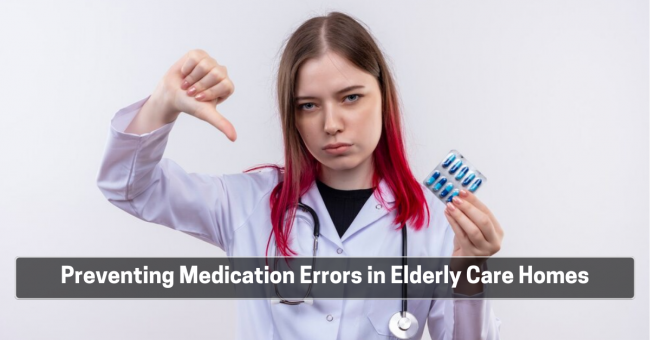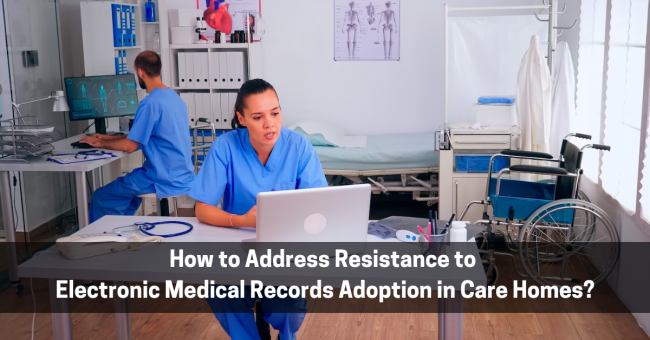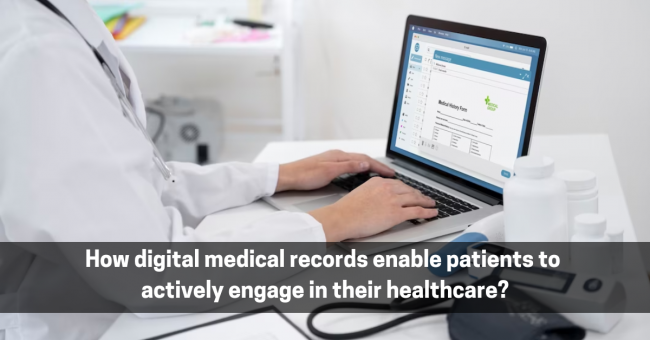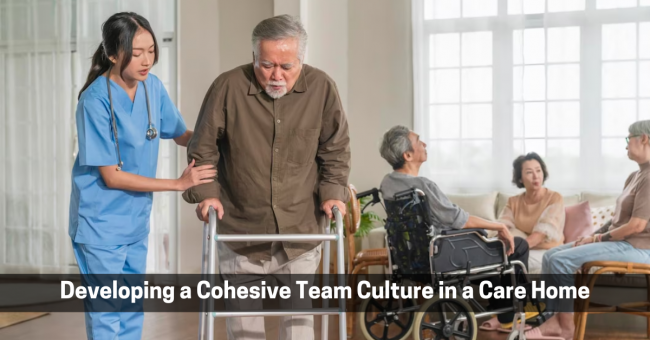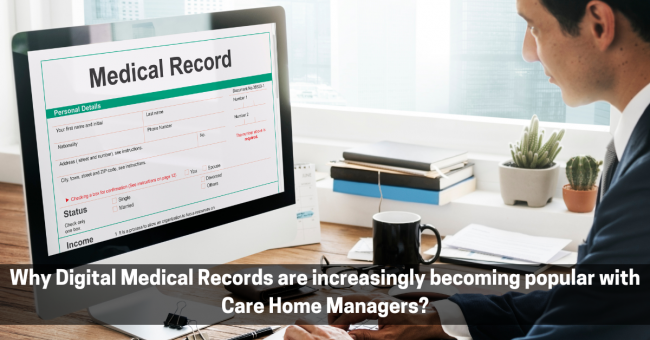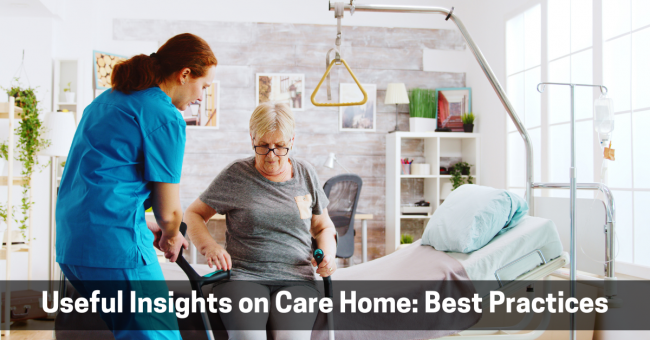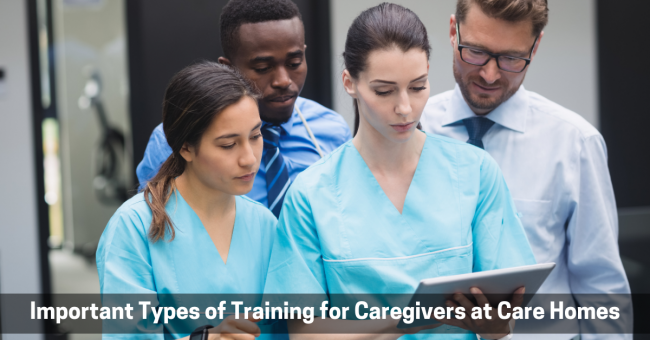Fatigue and Burnout: Protecting Staff Well-Being to Prevent Medication Errors at Care Homes
It is common for caregivers to work extended hours without adequate rest periods in between shifts. This unrelenting pressure can result in fatigue and physical exhaustion among care workers. It poses a threat to both their own health and the welfare of care home residents. One significant danger that arises from these circumstances is a…

